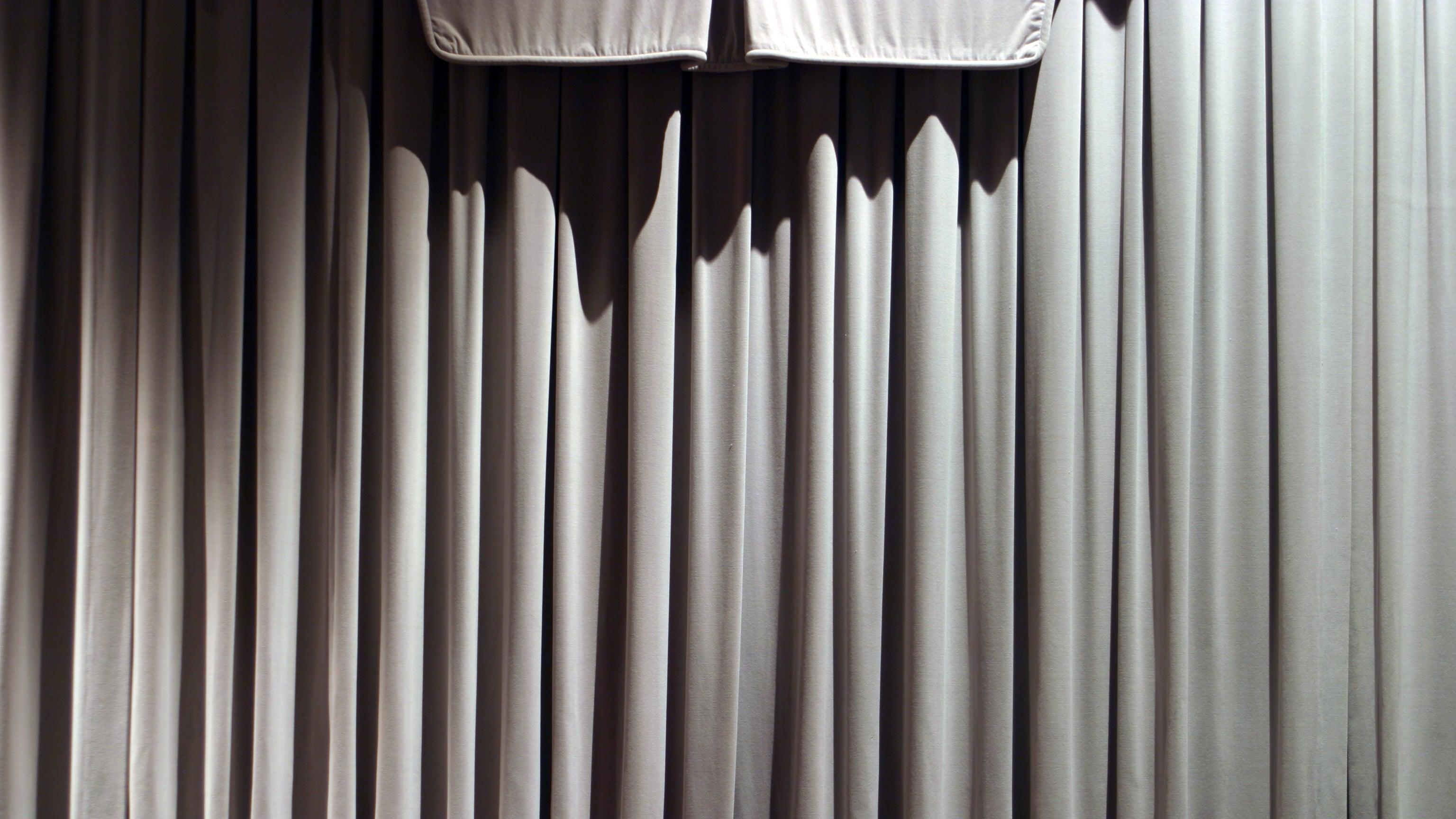The Employees is an elusive, creeping, quietly defiant workplace satire
With The Employees, Danish writer Olga Ravn subverts the expectations of science fiction and the workplace novel
Books Features Lea Guldditte Hestelund
To spoil the ending, everyone gets canned. Or rather, “terminated.” There are two kinds of workers onboard the Six Thousand Ship in Olga Ravn’s disquieting sci-fi novel The Employees: humans and humanoids. When the humanoids begin to dissent, performing actions outside of the bounds of their programming, the company that owns the aircraft decides to enact a “biological termination” in order to preserve its freight. While any flesh on the humanoids will be destroyed, their AI consciousnesses will survive in a subsequent upload. But for the human workers, who’ve been transported light-years away from their families back on Earth, it’s the end of the line.
Despite this obliterative finale, most of The Employees recounts, through brief worker statements, the day-to-day happenings on the Six Thousand Ship. The employees are being interviewed by members of a company-appointed committee to (ostensibly) determine how objects brought on board from a nearby planet, called New Discovery, have affected their productivity. The plot is sown, at times almost imperceptibly, within these testimonials, the action emerging gradually, then all at once.
Upper management may be worried about the effect the ship’s contents have on worker output, but the employees are more preoccupied with the objects themselves. Each object, guarded in special rooms throughout the ship, ends up acting as a kind of living, breathing Rorschach test for the crew members, eliciting deep, conflicting emotions. Some employees are wary of the vaguely sentient beings, while others tend to them as one might a beloved farm animal. The objects, never described in full detail, can be as tall as the room they’re kept in or as small as a small dog. Not unlike the humanoids, they appear at once artificial and organic, laying eggs and emitting an earthy odor. (Should you desire a visual to go along with your reading, you might seek out the striking sculptures in Danish artist Lea Guldditte Hestelund’s 2018 installation Consumed Future Spewed Up As Present, for which Ravn wrote The Employees as a fictional accompaniment.)
Anyone who’s seen Alien, or one of its many progeny, or read practically any sci-fi novel or watched practically any sci-fi film, could be forgiven for thinking something more sinister was afoot with these egg-laying entities recovered from a foreign planet—I repeat, egg-laying entities recovered from a foreign planet. But Ravn threads the needle between satisfying and subverting the genre’s expectations. While the objects do appear to incite the humanoids’ subversive behavior, they remain mysterious and largely inert. It’s never made clear what exactly the objects do or why the company finds them so valuable.
And while the humanoid rebellion results in one (human) death, overall their defiance is muted. One of the major plot points comes when the humanoids start sitting by themselves in the canteen and stop speaking to their human coworkers. “I’m like one of those objects. You made me, you gave me language, and now I see your failings and deficiencies. I see your inadequate plans,” one humanoid tells their interlocutor. For most of The Employees, this is about as direct and ominous as it gets.
The novel’s greatest narrative movement is instead found within the crew members themselves. In Martin Aitken’s cool translation from Danish, the employees speak dryly and dispassionately but not without sentiment. From the beginning, they are dutiful, dedicated to their jobs and to the very idea of being workers. “I was made for work,” says one employee. “My human coworker sometimes talks about not wanting to work, and then he’ll say something quite odd and rather silly… There’s more to a person than the work they do, or A person is more than just their work? Something like that. But what else could a person be?” As the book goes on, the humans become increasingly despondent, growing more and more nostalgic for their lives back on Earth, and the humanoids yearn for more human freedoms. The irony, of course, is that the humans, weighed down as they are by what used to be, are scarcely any freer.
Wry, melancholy, disquieting—The Employees is an intriguing specimen when it comes to workplace narratives. The generic title begs for the text to be read as broadly representative, yet the book resists the neatness that more blatant metaphors might provide. There are, notably, no cartoonishly evil corporate overlords, for example. The company itself is nameless, faceless.
Equally as curious: When it becomes clear that the board will terminate the humans and humanoids on the ship in order to secure the objects, they all accept it willingly. Nobody is particularly riled up. The nuclear option, as it were, is actually the humans’ idea. Both the company and the employees treat it as a matter of course that the cargo is more valuable than those who work on the ship that carries it. Just as Ravn does not seem especially interested in satirizing corporate greed, neither is she writing a true condemnation of proletarian apathy. She takes both as granted, then goes from there, leaving readers with this: In their last days, the humanoids once again disobey their programming, exiting the ship to walk in New Discovery’s floral valley before being re-uploaded. They get in one last act of defiance, futile as it may be, before going on their way.